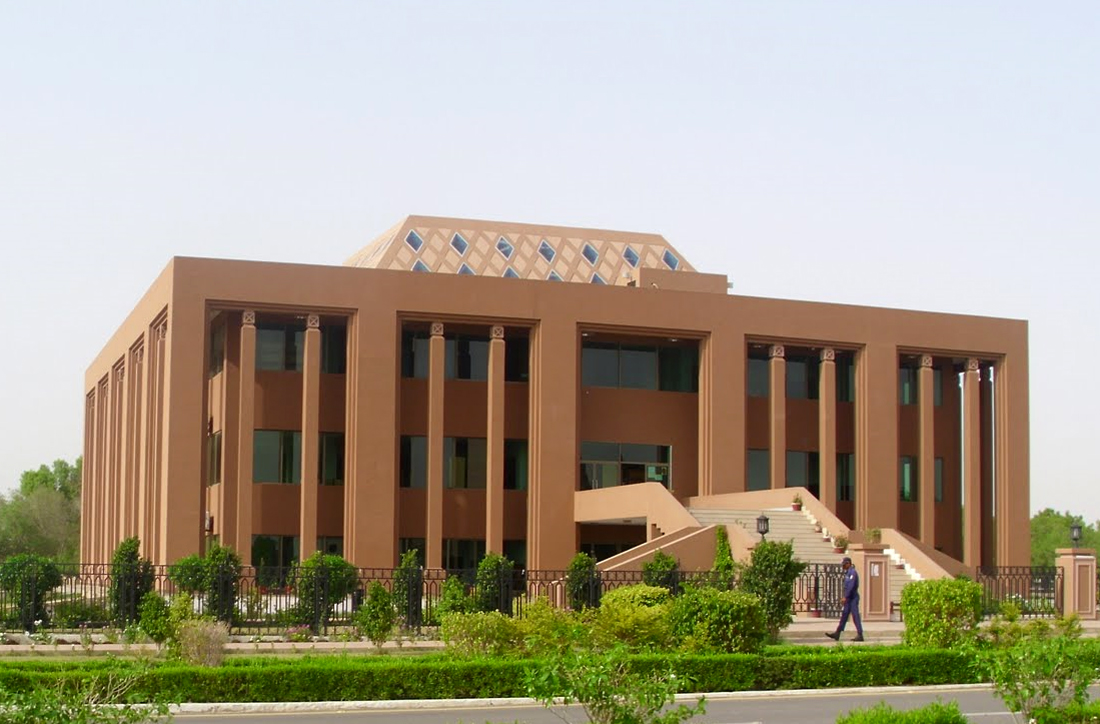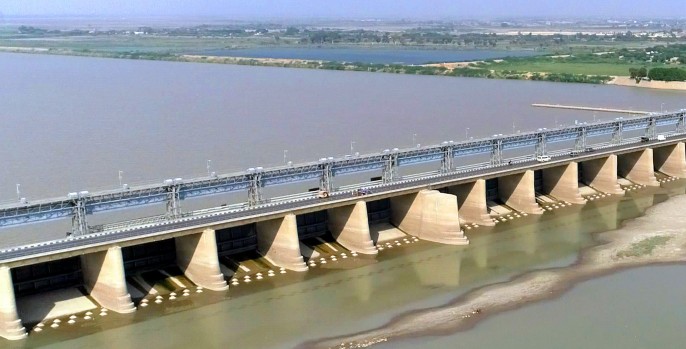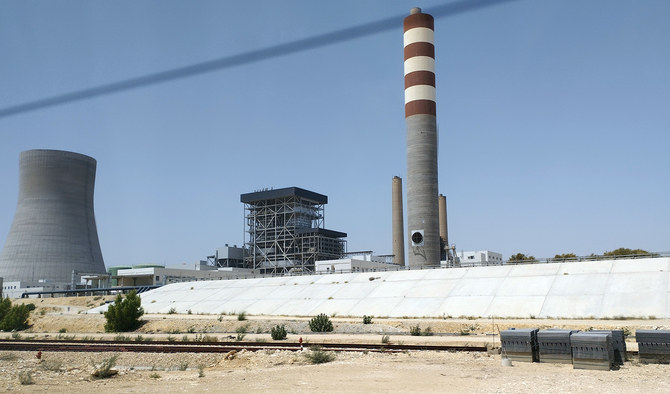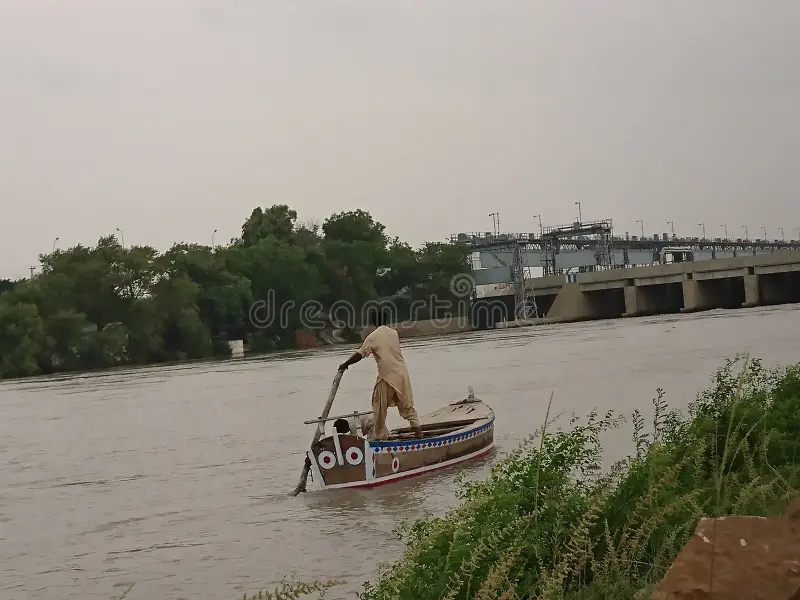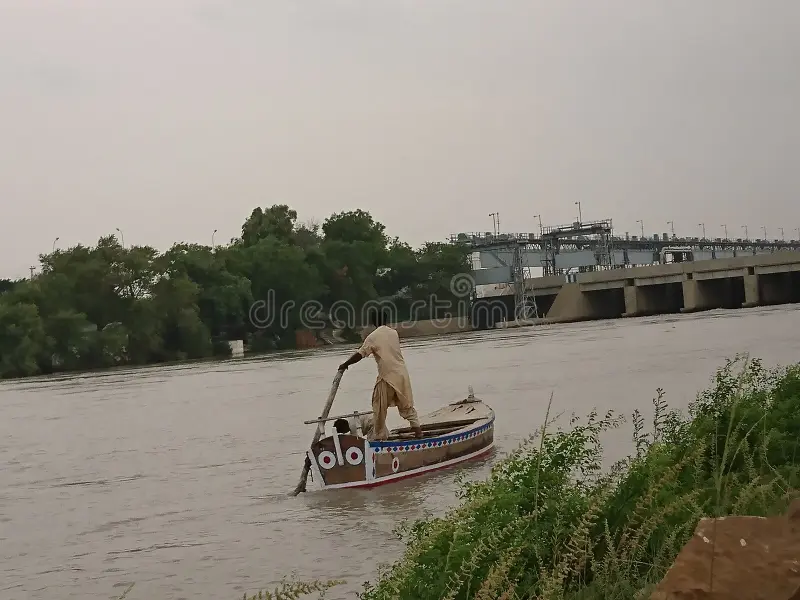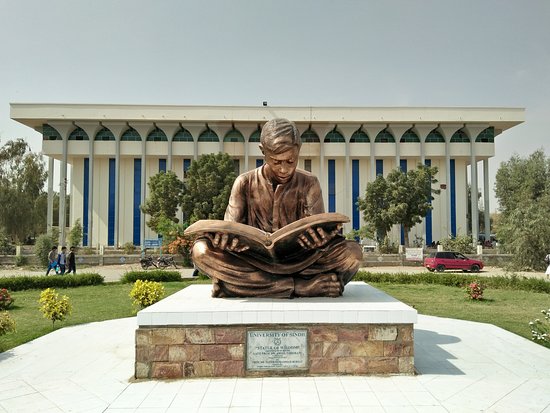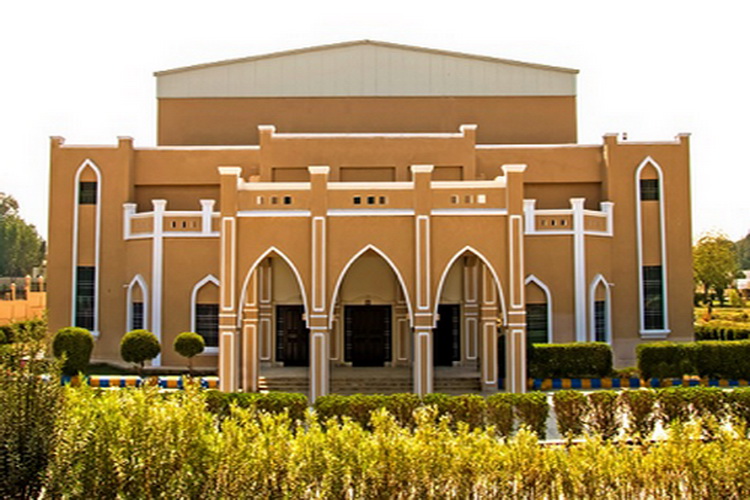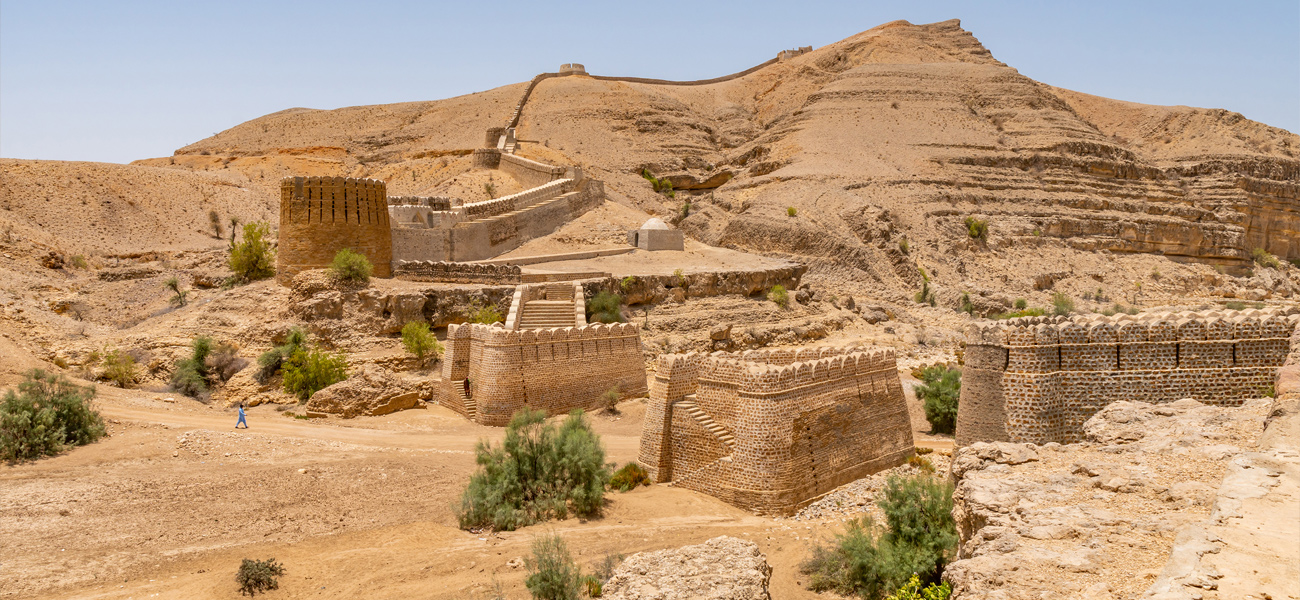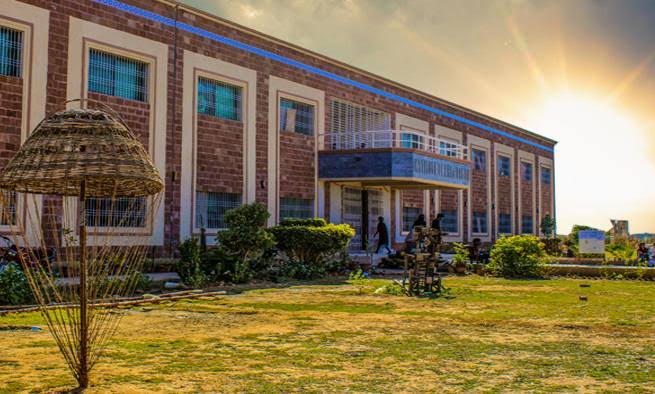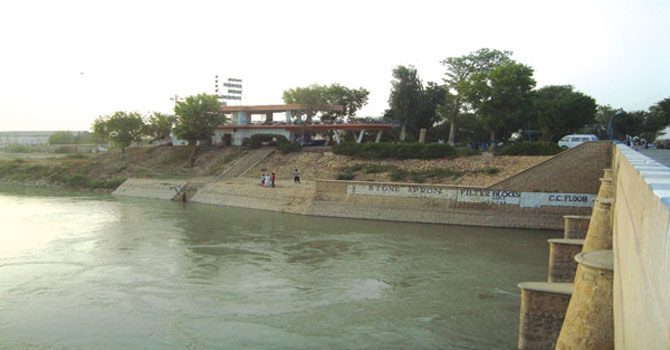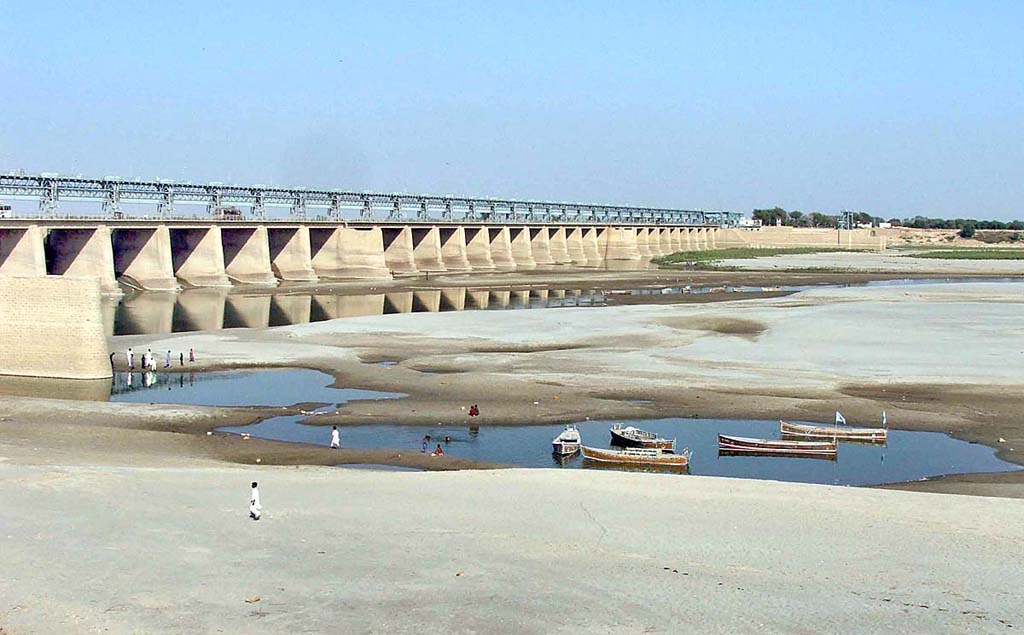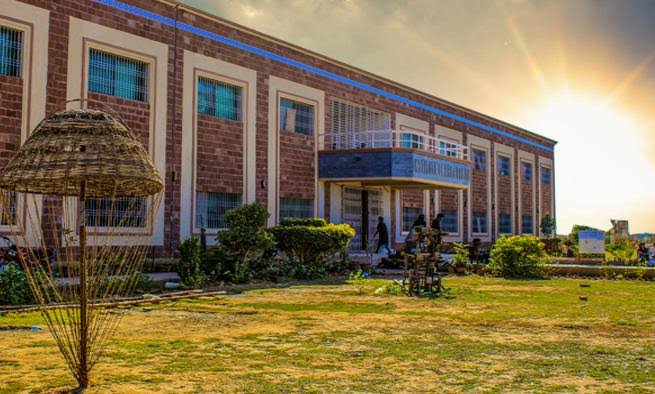
About the Jamshoro
The City of Education and Heritage
Nestled along the west bank of the mighty Indus River in the Sindh province of Pakistan lies Jamshoro, a city that beautifully blends historical richness, cultural depth, and academic excellence. Often referred to as the "City of Education," Jamshoro has established itself as a unique place with a charm that captures the hearts of both locals and visitors alike.
A Glimpse into the Past
Jamshoro's name and origins are deeply rooted in the region’s history. It is believed to have been part of ancient Sindh civilization, one of the oldest in the world. The proximity of the city to the ancient ruins of Mohenjo-Daro, a UNESCO World Heritage Site, is a testament to its connection with early urban societies. The city’s name itself is thought to have evolved from local dialects, carrying historical and linguistic significance.
Over time, Jamshoro grew from a quiet rural settlement into a thriving educational and cultural hub. Unlike many cities that developed around trade or agriculture, Jamshoro's transformation has been largely driven by its academic institutions, earning it a unique identity in the region.
A Beacon of Higher Education
Jamshoro is widely known for being home to some of Pakistan’s most prestigious universities. The city houses three major institutions that have become cornerstones of higher education in the country: the University of Sindh, Mehran University of Engineering and Technology (MUET), and Liaquat University of Medical and Health Sciences (LUMHS).
Each of these universities contributes to the city’s reputation and cultural life. The University of Sindh, established in 1947, is among the oldest in Pakistan. It offers a broad range of academic disciplines including arts, sciences, law, and social sciences. MUET, renowned for its engineering and technology programs, attracts students from across the country. Meanwhile, LUMHS is a leading institution for medical education, serving as a critical training ground for doctors and healthcare professionals.
These universities not only serve as centers for academic learning but also fuel the city’s economy and urban development. Students from all parts of Pakistan — and sometimes abroad — flock to Jamshoro, giving it a youthful, vibrant atmosphere. Hostels, student apartments, cafes, libraries, and bookstores are common sights, reflecting the intellectual spirit of the city.
Cultural and Natural Landscape
Beyond education, Jamshoro has a culture steeped in tradition and folklore. The city lies in the heart of Sindh, a region known for its rich music, poetry, handicrafts, and Sufi heritage. Local events and festivals often celebrate Sindhi culture, featuring traditional dances, music performances with instruments like the dholak and flute, and recitations of classical Sindhi poetry.
One of the notable landmarks is the shrine of Lal Shahbaz Qalandar in nearby Sehwan Sharif, a revered Sufi saint whose spiritual presence deeply influences the cultural and spiritual life of the area. Every year, thousands of pilgrims gather at the shrine, and many pass through Jamshoro on their way to pay respects.
The natural beauty of the region is also worth noting. With its hills and proximity to the Indus River, Jamshoro has an arid but striking landscape. The wind often carries the dry scent of sand and river water, creating a serene, contemplative environment, especially at sunrise and sunset. The Indus River, being the lifeline of Sindh, provides not only water but also a scenic backdrop to the daily life of Jamshoro's residents.
The People and Lifestyle
The population of Jamshoro is a blend of students, professionals, educators, and families who have lived in the region for generations. It’s a place where modern and traditional lifestyles coexist. One can find modern cafes and fast-food outlets near traditional tea houses where elderly locals gather to discuss politics, poetry, and local issues.
Hospitality is a hallmark of Sindhi culture, and Jamshoro reflects this in abundance. Visitors often experience warm welcomes, heartfelt conversations, and the sharing of local food, including dishes like Sindhi biryani, sai bhaji, and kheer. The people of Jamshoro are known for their simplicity, humility, and strong community bonds.
The city’s infrastructure is steadily developing, with new roads, markets, and residential areas being constructed to accommodate its growing population. However, it still retains a sense of small-town warmth and intimacy that makes it distinct from larger urban centers like Karachi or Hyderabad.
Challenges and Opportunities
Like many developing cities, Jamshoro faces its share of challenges. Access to consistent utilities like clean water and electricity can sometimes be an issue, particularly in the outskirts. Road maintenance and public transport are areas that require continued attention and investment.
Despite these hurdles, the city has immense potential. With increased government focus on educational development, there is a growing push to expand university campuses, promote research, and attract international collaborations. Jamshoro also offers opportunities in eco-tourism, thanks to its natural beauty and nearby heritage sites. If properly developed, these sectors could significantly boost the local economy and provide jobs for the youth.
A Promising Future
Jamshoro stands at the crossroads of tradition and transformation. Its educational legacy, cultural depth, and strategic location make it a city full of promise. As Pakistan continues to invest in knowledge-based growth, cities like Jamshoro will play a pivotal role in shaping the nation’s future.
Students who graduate from its institutions often go on to serve in key roles across the country and abroad, carrying the spirit of Jamshoro with them. In this way, the city’s influence extends far beyond its physical boundaries.
Conclusion
Jamshoro is more than just a city; it is a symbol of learning, resilience, and cultural pride. Its peaceful environment, academic institutions, and rich heritage make it an exceptional place in Pakistan. While it may not be as widely known as other cities, those who visit or live in Jamshoro come away with a deep appreciation for its quiet charm and profound impact. As the city continues to grow and evolve, it stands as a reminder that knowledge, culture, and community are the true foundations of progress.
Address: C7QM+686, Jamshoro City, Jamshoro, Pakistan
